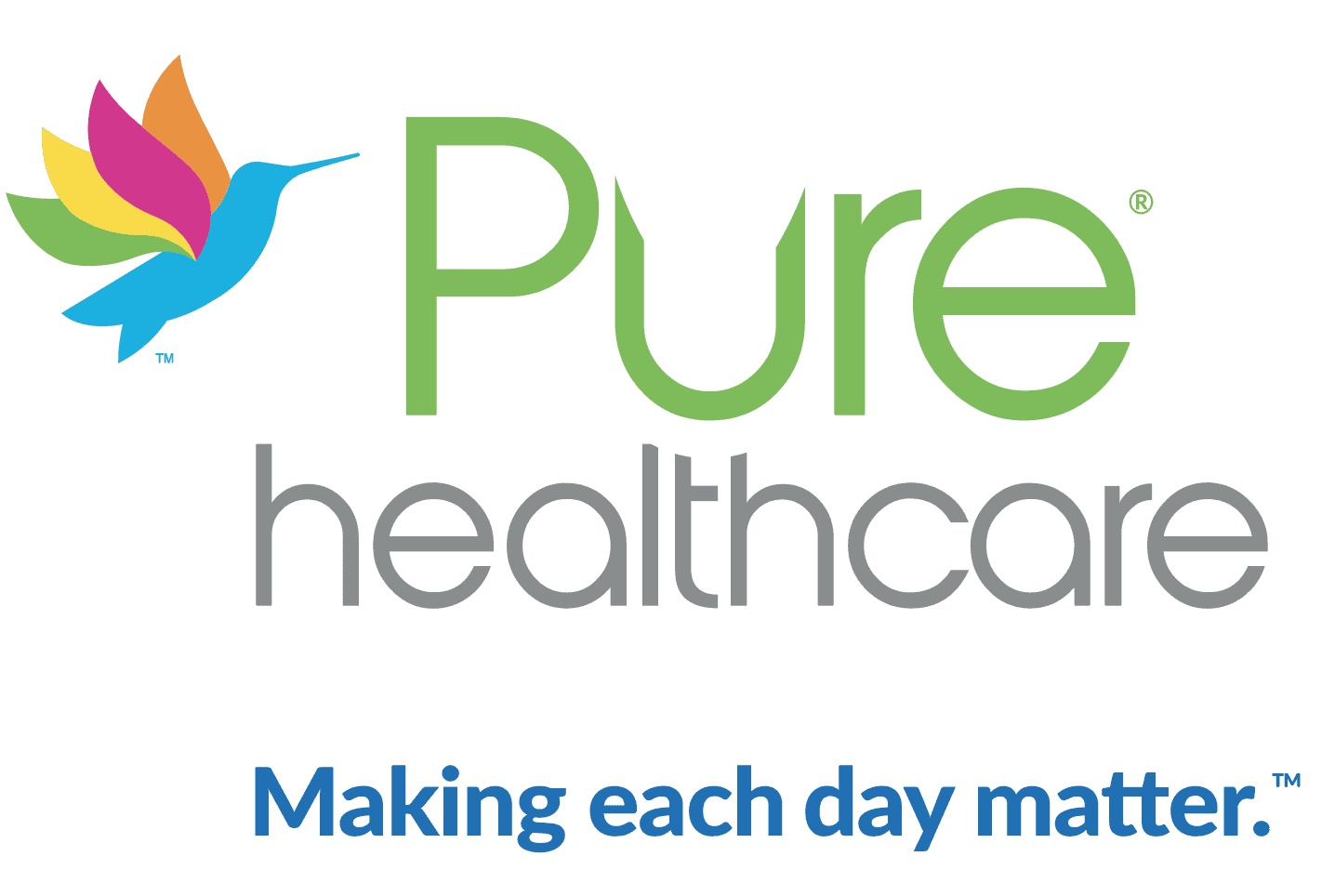Caregiving Basics
Communication with the Healthcare Team
We encourage good communication with your healthcare team. Having an understanding of the illness, plan of care and steps to support wellness are essential to working together and being an advocate for your loved one.
Familiarize yourself with local resources, clinics and urgent care centers that can be used for non-emergent needs after hours and talk to your healthcare team about how to access help after-hours.
Preventing Infections
As an illness progresses, individuals become more susceptible to infection. Taking precautions will help protect both you, and your family and caregivers.
General Guidelines
Wash Your Hands
Handwashing is the single most important thing that you can do to prevent the spread of infection. When washing your hands, scrub between fingers, around fingernails, and the backs of your hands and wrists.
Times when everyone should wash their hands include:
- Before preparing meals.
- Before eating or feeding a loved one.
- After toileting or assisting with toileting.
- Before and after performing or providing any type of personal or wound care.
- Before and after wearing gloves.
Wear Gloves
Disposable gloves should be worn whenever you or a caregiver has direct contact with body fluids, such as mucous, vomit, blood, urine, or stool. Gloves also should be worn when handling soiled items such as bedpans, commodes and patient pads or dressings. Remember to wash your hands before putting on gloves and after removing them.
Cover Your Cough
Always cover your mouth and nose with a tissue when you cough or sneeze. If you do not have a tissue, sneeze or cough into your upper sleeve or elbow, not your hands. If you are ill, you may be asked to wear a face mask to protect others from infection.

